10 Great Quotes about Effective Reading Instruction
April 6, 2023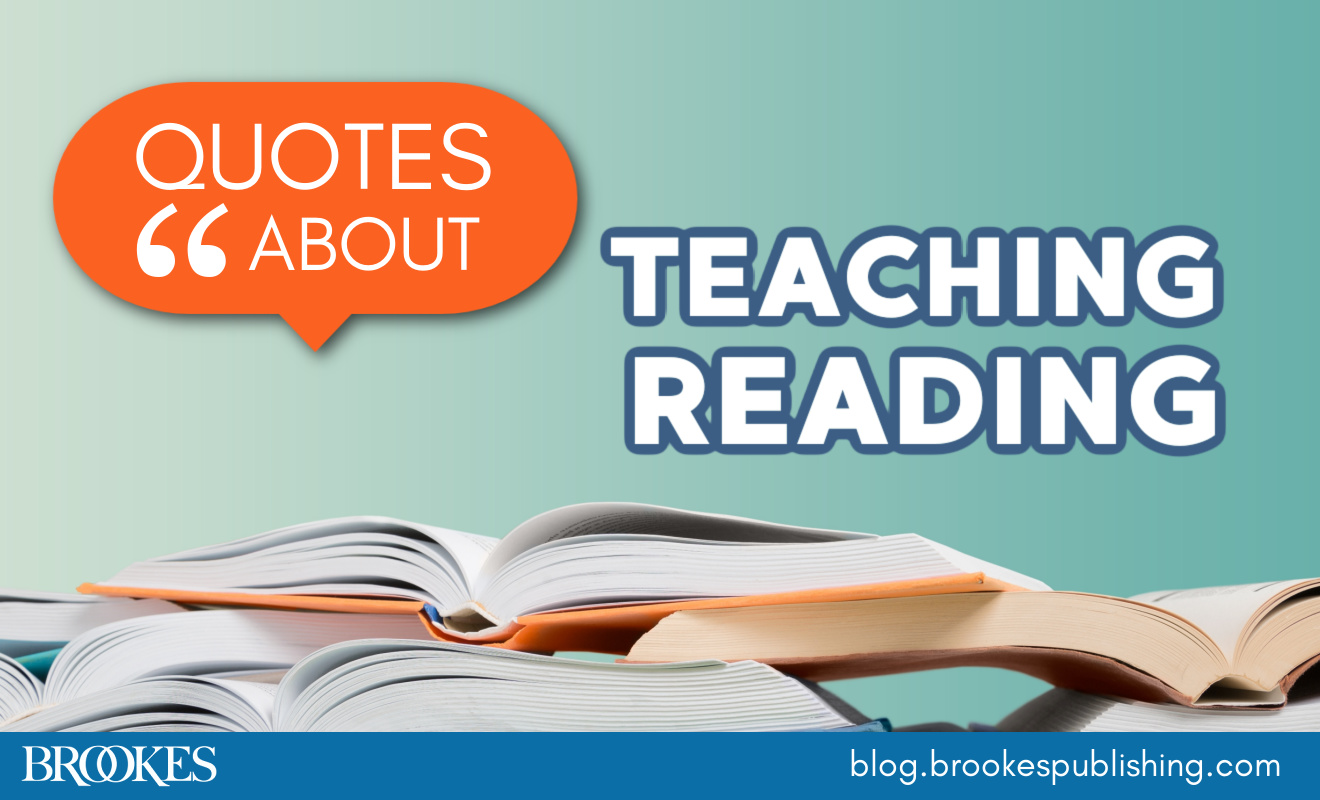
At Brookes, we’re proud to work with leading literacy experts to develop practical, evidence-based resources on effective reading instruction. Today we’re highlighting 10 great quotes from our authors—bite-sized bits of essential advice on inclusive literacy instruction, teaching writing and reading together, making time to read aloud, and more!
First, assume that all the learners in your classroom are capable of acquiring literacy skills, no matter their background or disability. As this quote reminds us, this is the least dangerous assumption to make about your students. (Quote from Comprehensive Literacy for All, by Karen Erickson & David Koppenhaver.)
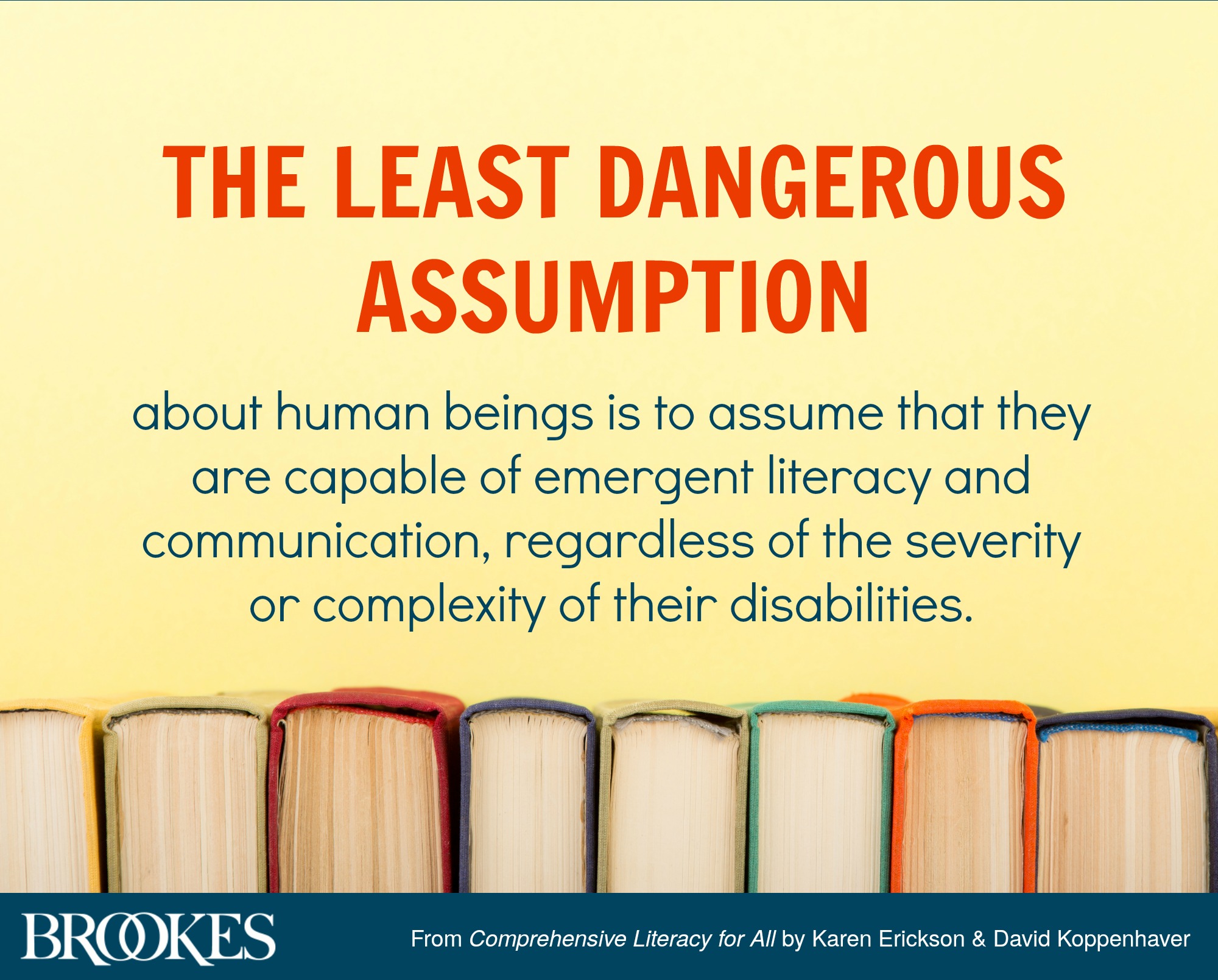
Reading intervention isn’t just for special educators. All educators who teach reading should have the skills to identify struggling students and support them with research-based interventions. (Quote from The Power of RTI and Reading Profiles, by Louise Spear-Swerling.)
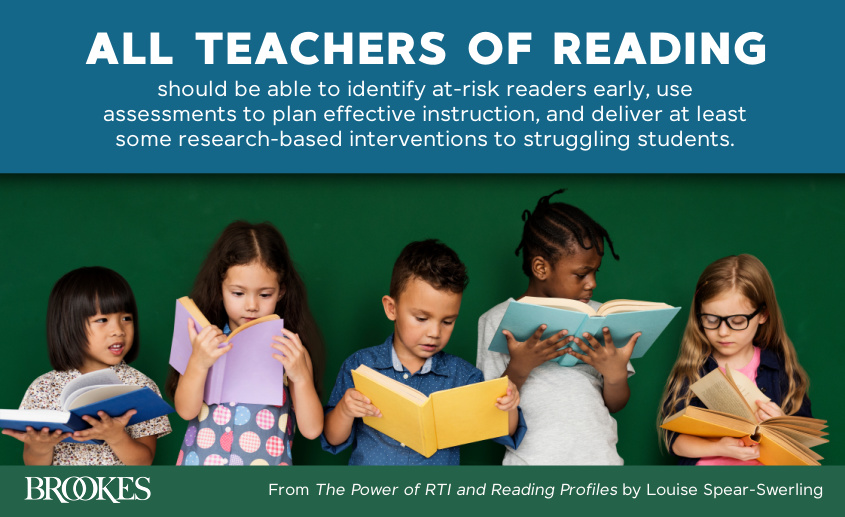
The reading wars have been a contentious subject for decades, but the most effective reading instruction follows the science. Students benefit when educators “put aside personal philosophies and build bridges between the science of reading and the classroom.” (Quote from The Reading Comprehension Blueprint, by Nancy Hennessy.)
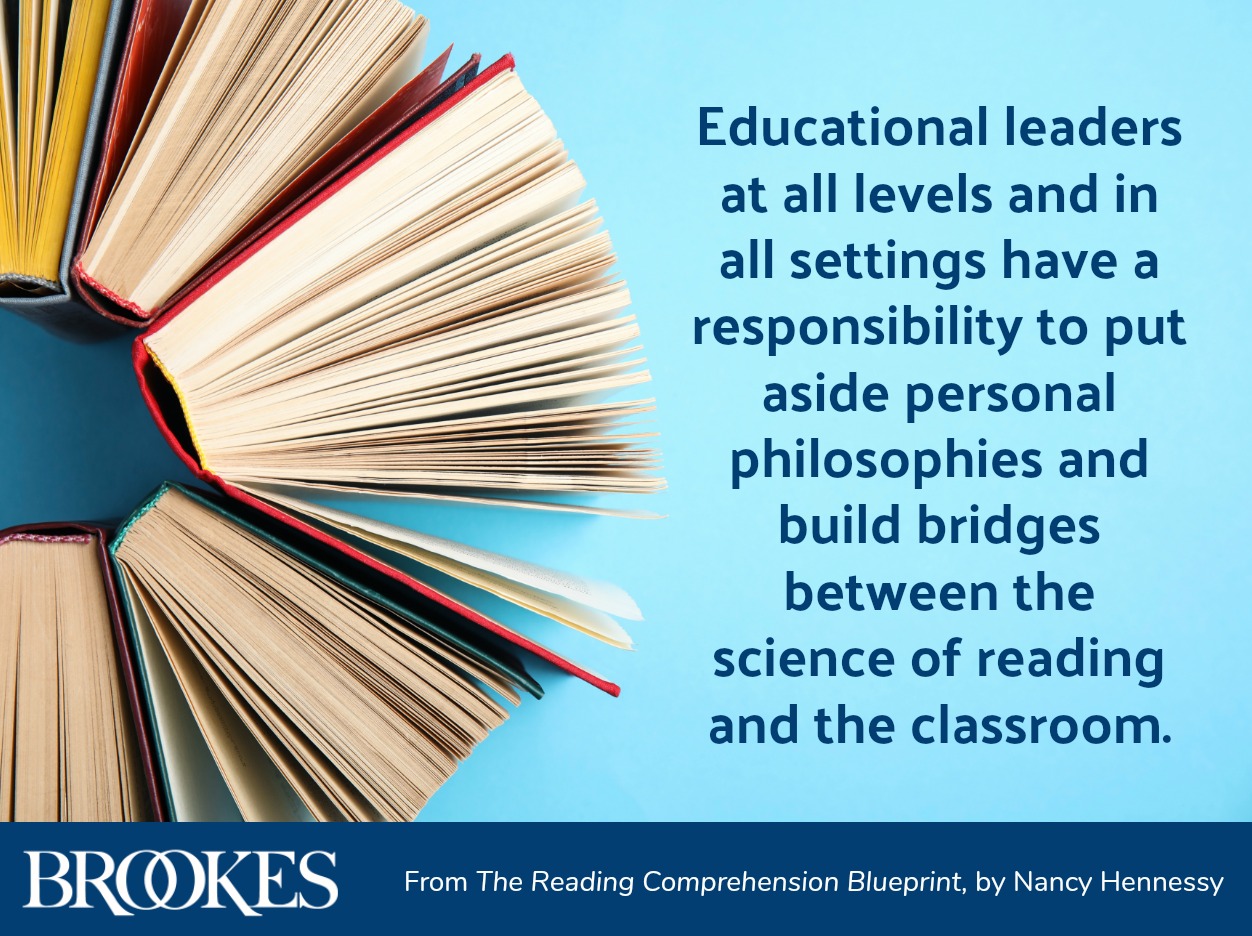
Resist the temptation to think of reading and writing as separate processes that should be taught separately. Students who get plenty of chances to write in conjunction with reading strengthen skills in both areas, including critical thinking. (Quote from The Writing Rope, by Joan Sedita.)
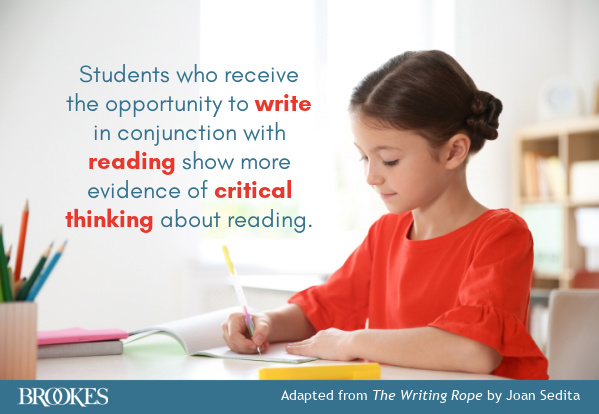
Teaching students explicitly about story elements can build multiple core literacy skills and help all learners develop a lifelong love of both reading and writing. (Quote from Story Frames for Teaching Literacy, by Carolee Dean; read this Q&A with her about her innovative Story Frames approach.)
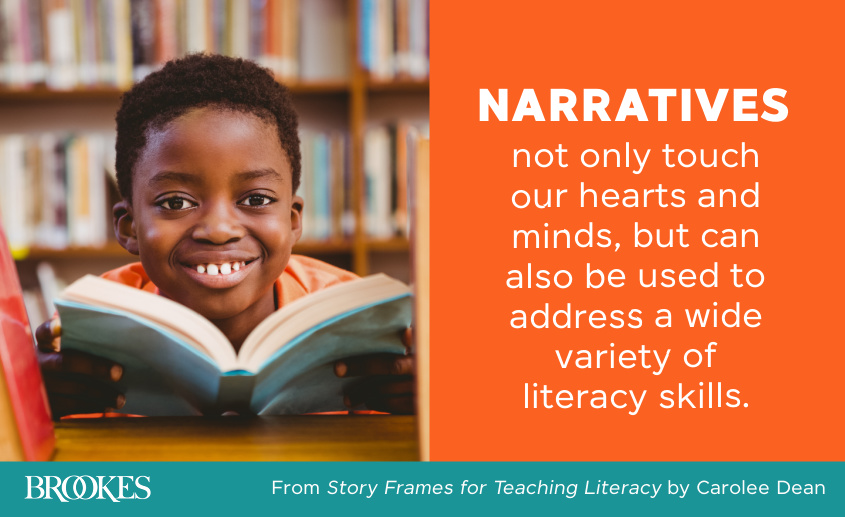
Reading out loud isn’t just an activity that benefits younger children. Make time to read aloud to older students who have mastered the art of independent reading—these learners still benefit from listening to and analyzing literature that their teachers read to them. (Quote from Teaching Reading Sourcebook Third Edition, by Bill Honig, Linda Diamond, & Linda Gutlohn.)
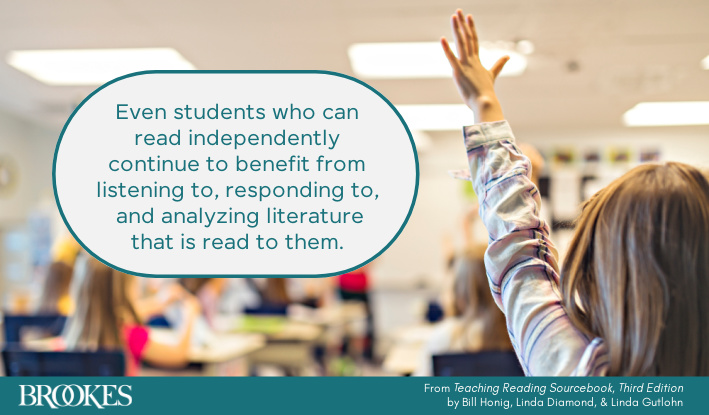
Book selections matter, too—students benefit from texts that enrich their vocabulary and stimulate deep thinking about important ideas and timely topics. (Quote from Speech to Print, Third Edition, by Louisa Cook Moats.)
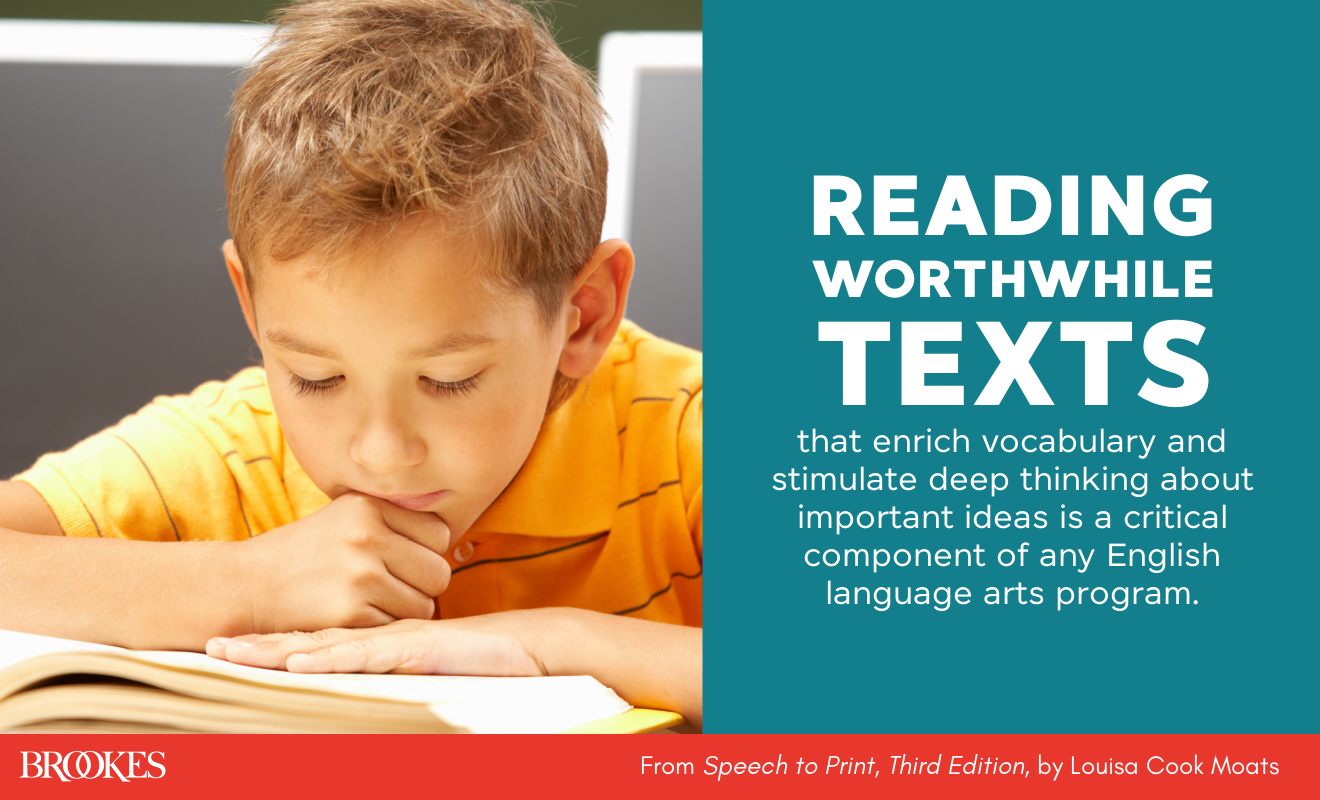
Good readers are generally motivated to read—and fortunately, motivation and engagement can be nurtured with the help of effective instruction. Read this blog post for 4 Ways to Engage and Motivate Students During Reading Tasks at School. (Quote from Maximizing Effectiveness of Reading Comprehension Instruction in Diverse Classrooms, by Sheri Berkeley & Ana Taboada Barber.)
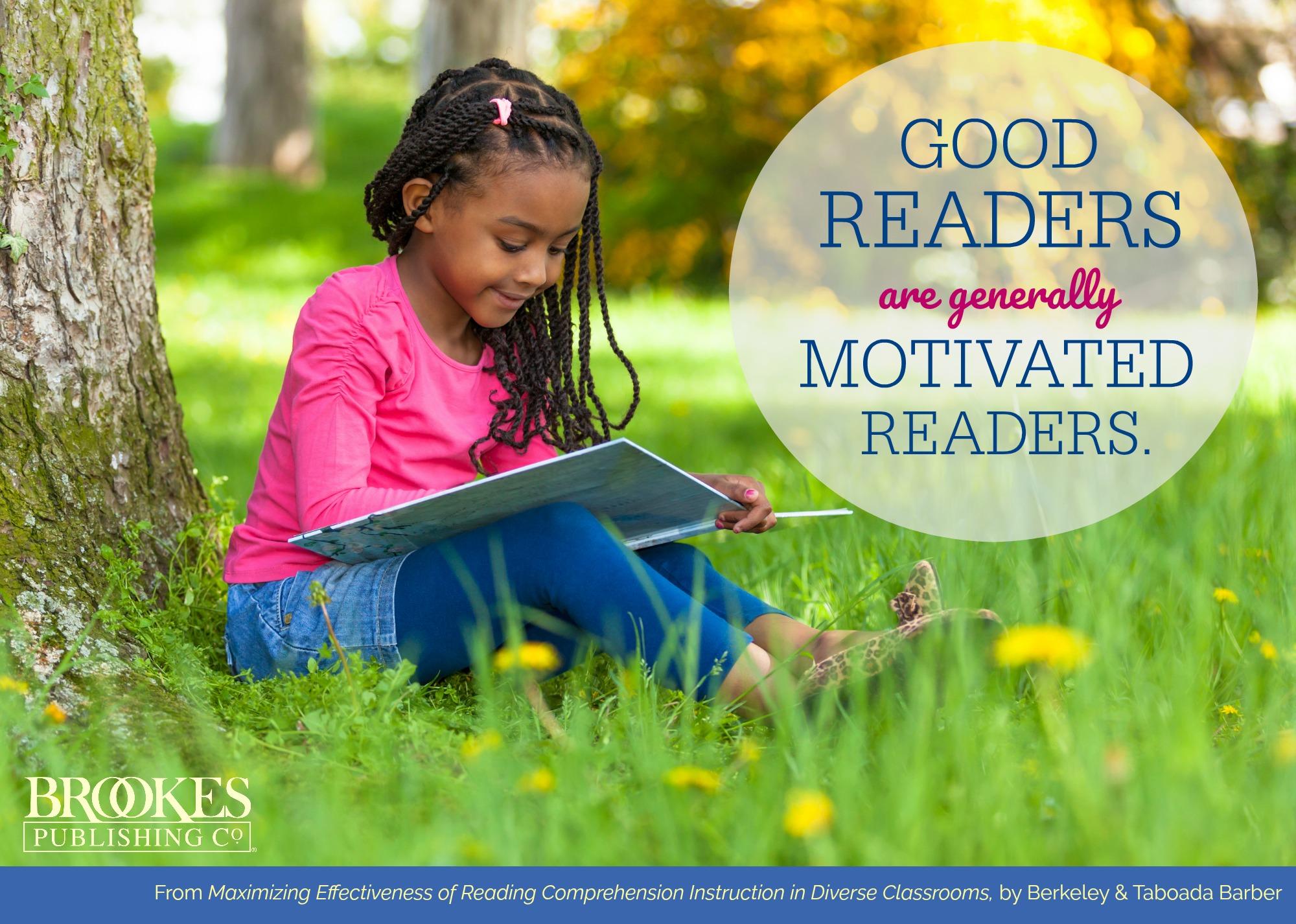
To keep pace with their peers, the multilingual learners must get “enriched, engaging, and rigorous content-area, language and literacy instruction” from you and their other teachers. See this post for 40+ Language & Literacy Interventions for Multilingual Learners. (Quote from Special Education Considerations for Multilingual Learners, Third Edition, by Else Hamayan, Barbara Marler, Cristina Sánchez-López, & Jack Damico.)
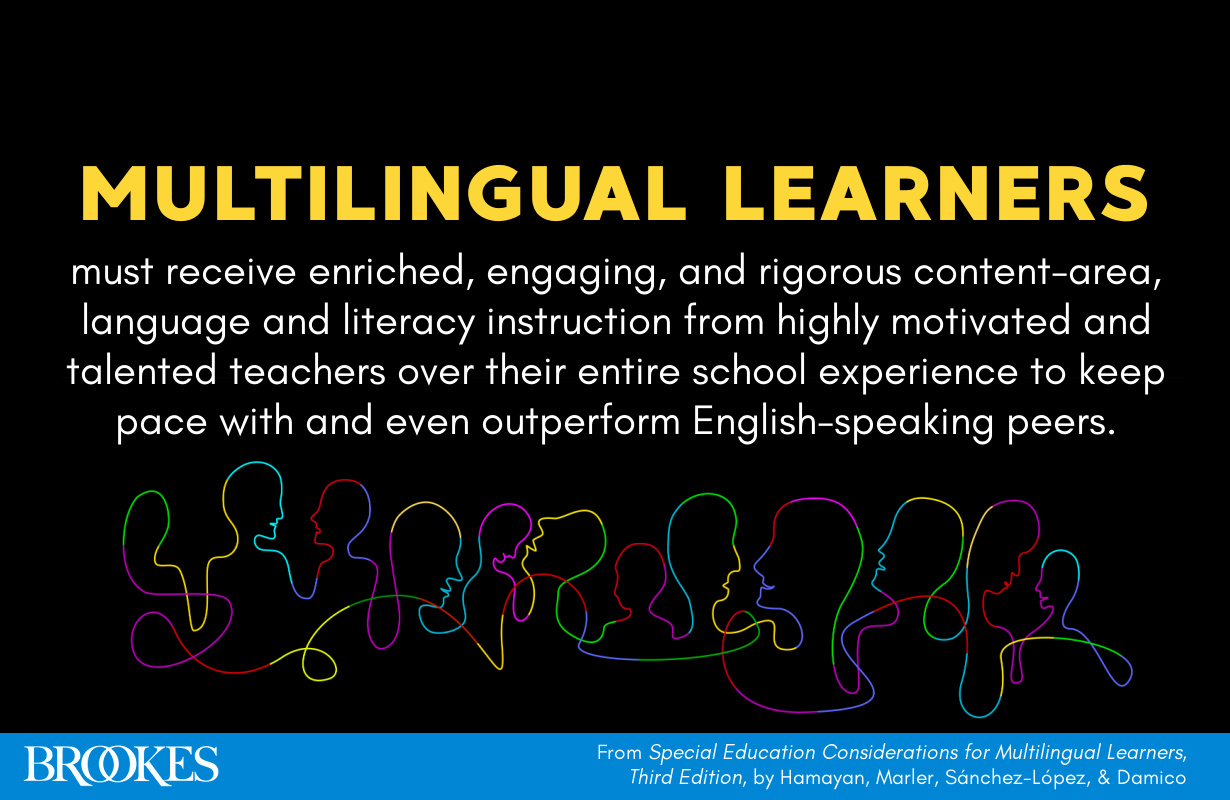
Finally, remember that teaching reading requires a lifelong-learning mindset. Just as your students are always learning new literacy skills, you’ll always be learning new teaching practices, research to apply, and strategies to try. (Quote from Fundamentals of Literacy Instruction & Assessment, Pre-K–6, Second Edition, edited by Martha C. Hougen & Susan M. Smartt, with invited contributors.)
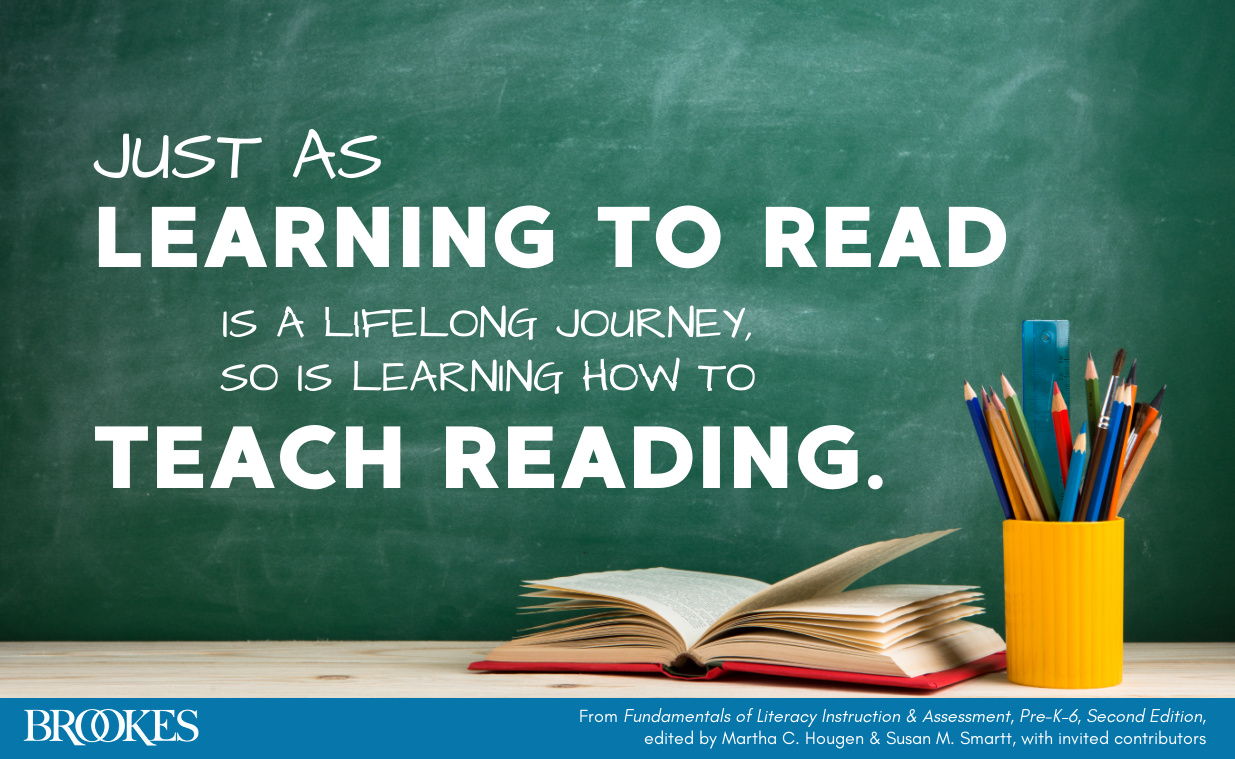

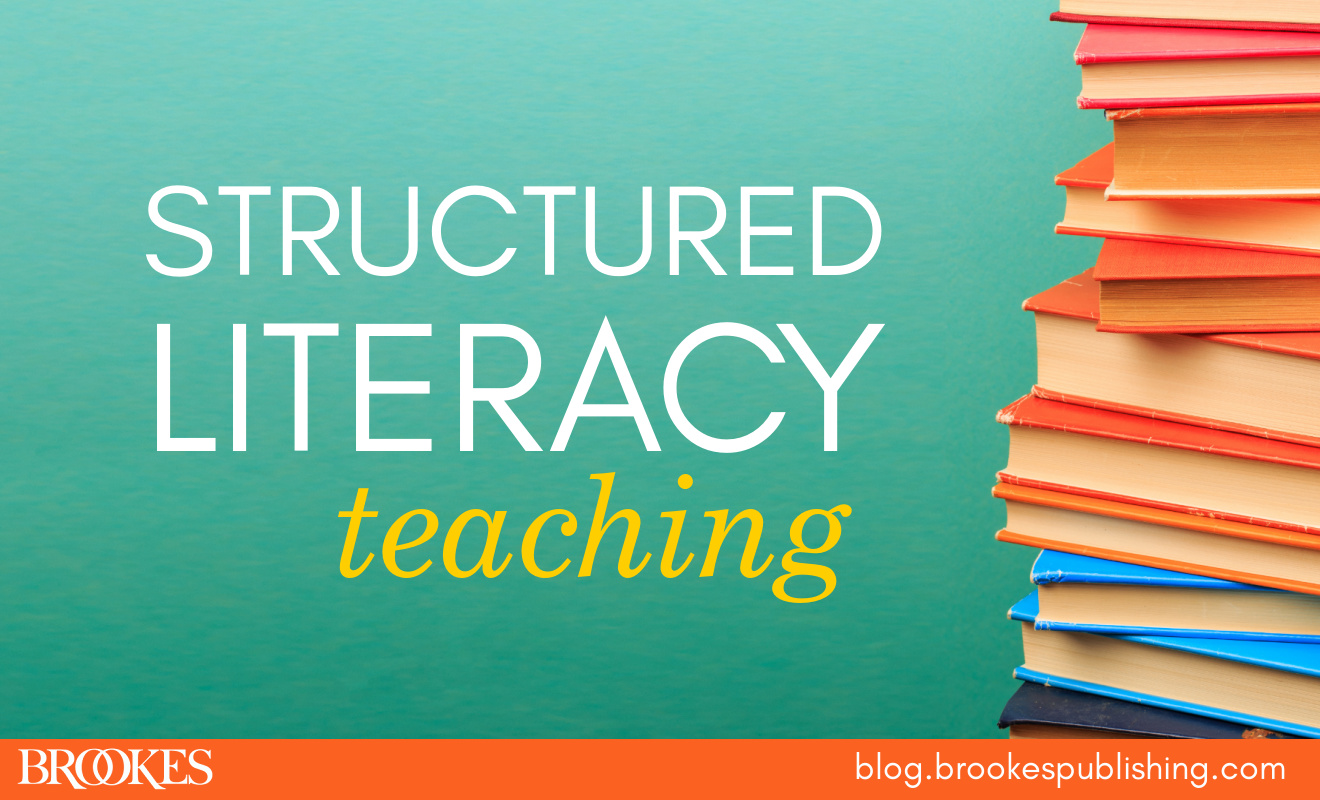
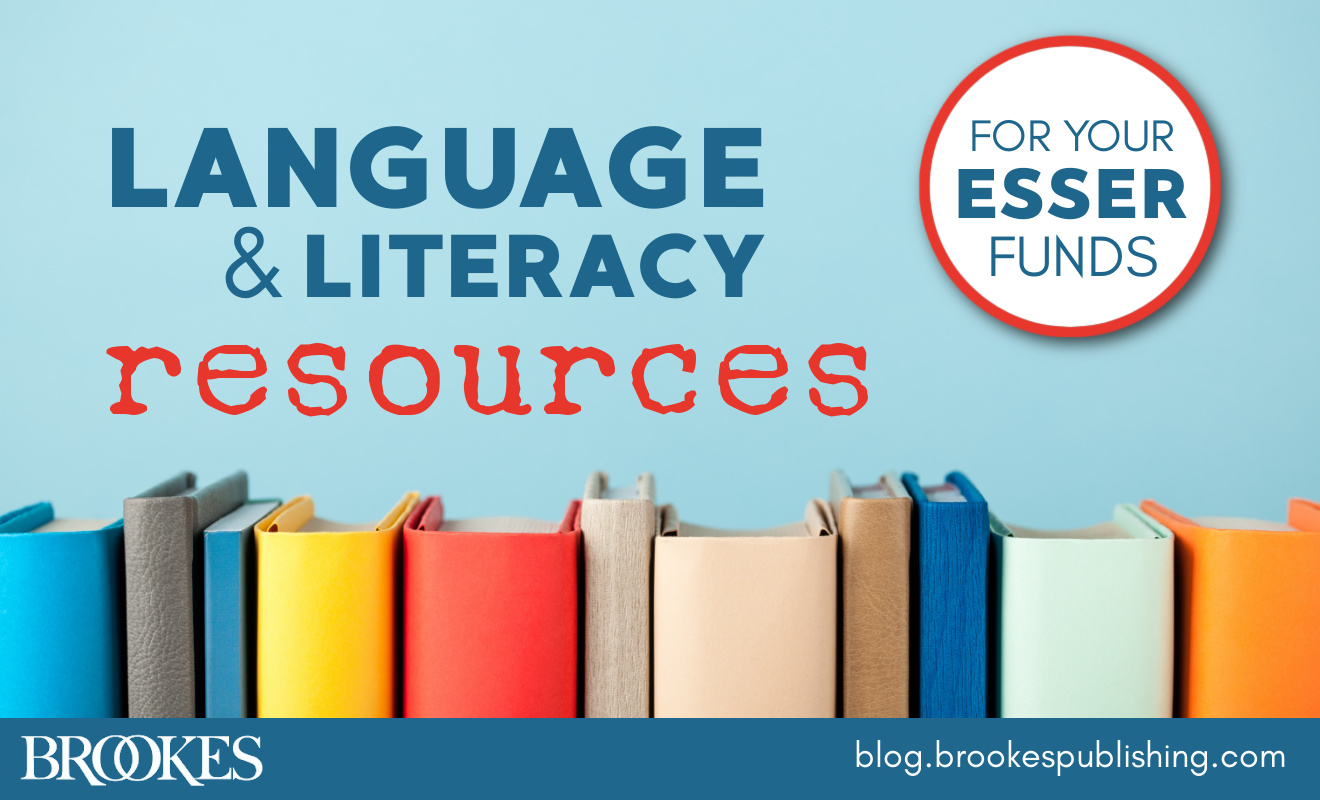
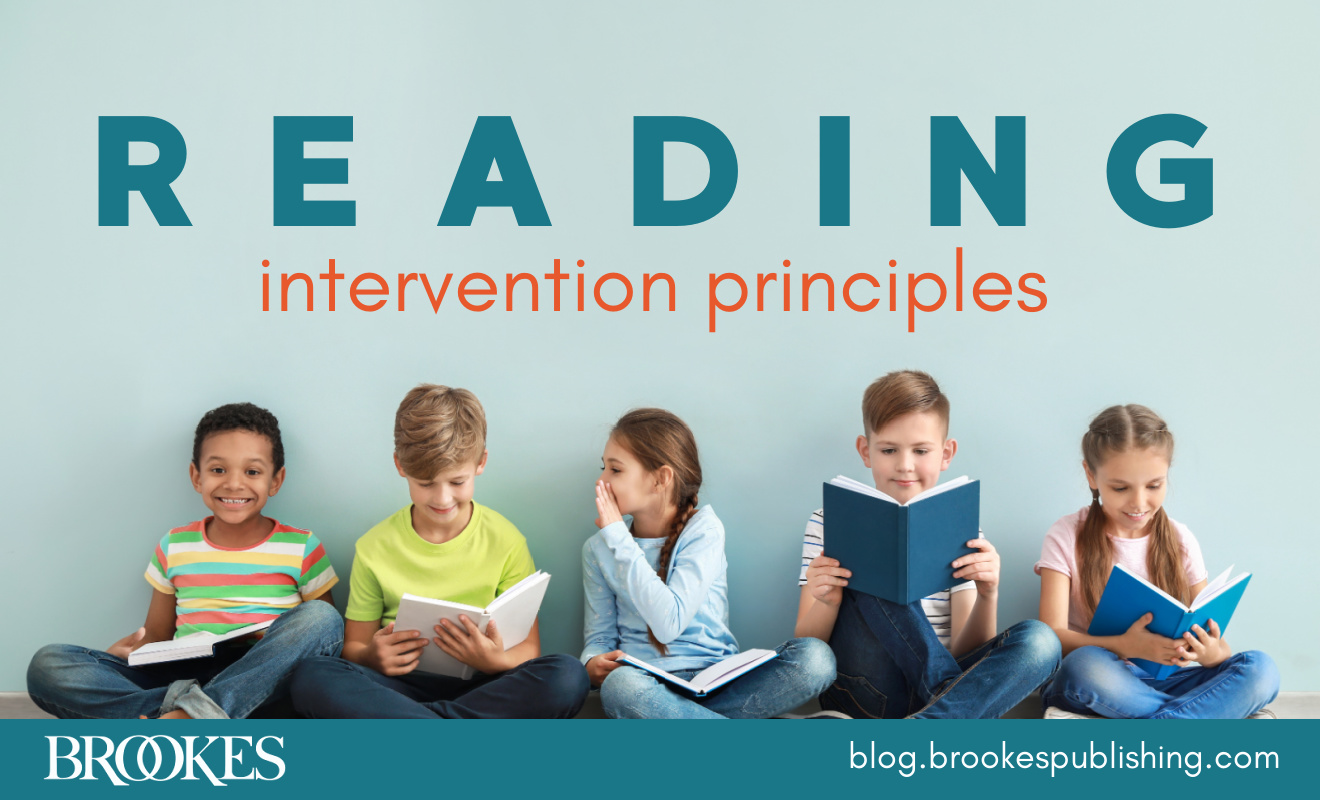
Write a Comment
Your email address will not be published. Required fields are marked *
Post a Comment